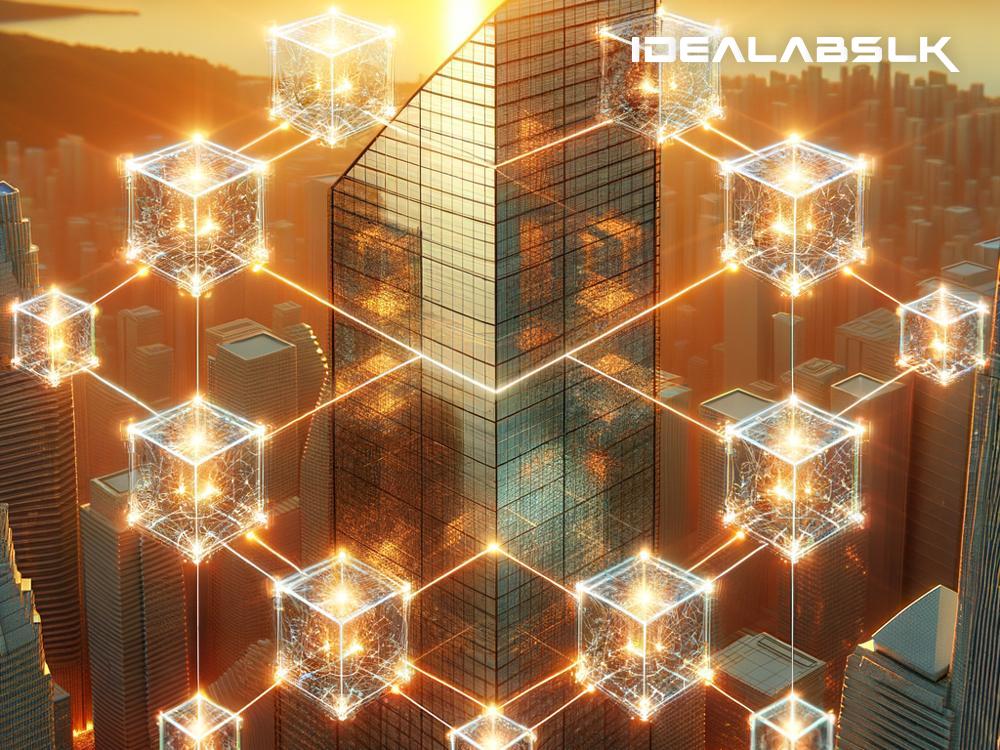Blockchain for Real Estate: Enhancing Trust and Transparency in Property Deals
Have you ever heard about someone buying a house and then facing endless paperwork, legal issues, or even fraud? It's pretty common and can make the exciting journey of purchasing a home stressful and daunting. But what if there's a way to make these transactions smoother, faster, and more secure? Enter blockchain technology - a game-changer for the real estate sector.
What is Blockchain?
Think of blockchain as a digital ledger that's very secure and transparent. Once information is recorded on a blockchain, it's nearly impossible to change or hack it. This technology is most famous for powering cryptocurrencies like Bitcoin, but its potential goes far beyond, especially in real estate.
How Does Blockchain Benefit Real Estate?
1. Trust and Transparency
The cornerstone of blockchain is its ability to foster trust and transparency. In real estate, every transaction, right from the initial agreement to the final sale, can be recorded on a blockchain. This means all parties involved - buyers, sellers, lawyers, and banks - can have a transparent view of the deal without doubting its authenticity. This level of openness significantly reduces the chances of fraud and makes the process more secure.
2. Streamlining Transactions
Real estate transactions are notoriously slow, often taking weeks or months to complete due to the sheer amount of paperwork and the number of parties involved. Blockchain can streamline this process by automating and digitizing many steps. Smart contracts, a feature of blockchain, can automatically execute transactions when certain conditions are met, without needing human intervention. This can drastically reduce the time it takes to close a deal.
3. Reducing Costs
Every step in the real estate buying process involves costs - lawyer fees, bank charges, and so on. By simplifying transactions and reducing the need for intermediaries, blockchain can also lower the costs involved in real estate deals. This makes the market more accessible for buyers and sellers, potentially boosting the real estate sector as a whole.
4. Tokenization of Property
Another innovative aspect of blockchain in real estate is property tokenization. This means dividing property into digital shares, or tokens, that represent ownership. Essentially, you could own a piece of property the same way you own stocks in a company. This opens up investment opportunities to a broader audience, making it easier for people to invest in real estate without buying a whole property.
5. Improving Record Keeping
Real estate relies heavily on property records, which are often stored in outdated, centralized systems that can be susceptible to errors, damage, or tampering. Blockchain's decentralized nature offers a solution by providing a secure and immutable record-keeping system. Once property details are recorded on a blockchain, they're permanently stored in a way that's easily accessible but difficult to manipulate.
Real-World Examples
Several companies and countries are already exploring the use of blockchain in real estate. For instance, Sweden has been testing blockchain for land registration, aiming to improve efficiency and reduce fraud. In the United States, companies like Propy are offering blockchain-based platforms for buying and selling houses, promising safer and faster transactions.
Challenges Ahead
Despite its potential, blockchain in real estate is still in its infancy, and there are challenges to overcome. Regulatory hurdles, the need for more widespread understanding and trust in the technology, and the technical complexity of implementing blockchain solutions are among the obstacles. However, the future looks promising, and as the technology matures, we can expect more adoption across the real estate sector.
Conclusion
Blockchain technology holds the power to revolutionize the real estate industry by enhancing trust, transparency, and efficiency in property deals. While there are still challenges to be faced, the benefits of blockchain can lead to a more secure, accessible, and streamlined real estate market for all parties involved. As we move forward, embracing innovations like blockchain could make the dream of owning a property a smoother and more pleasant reality for millions around the world.

